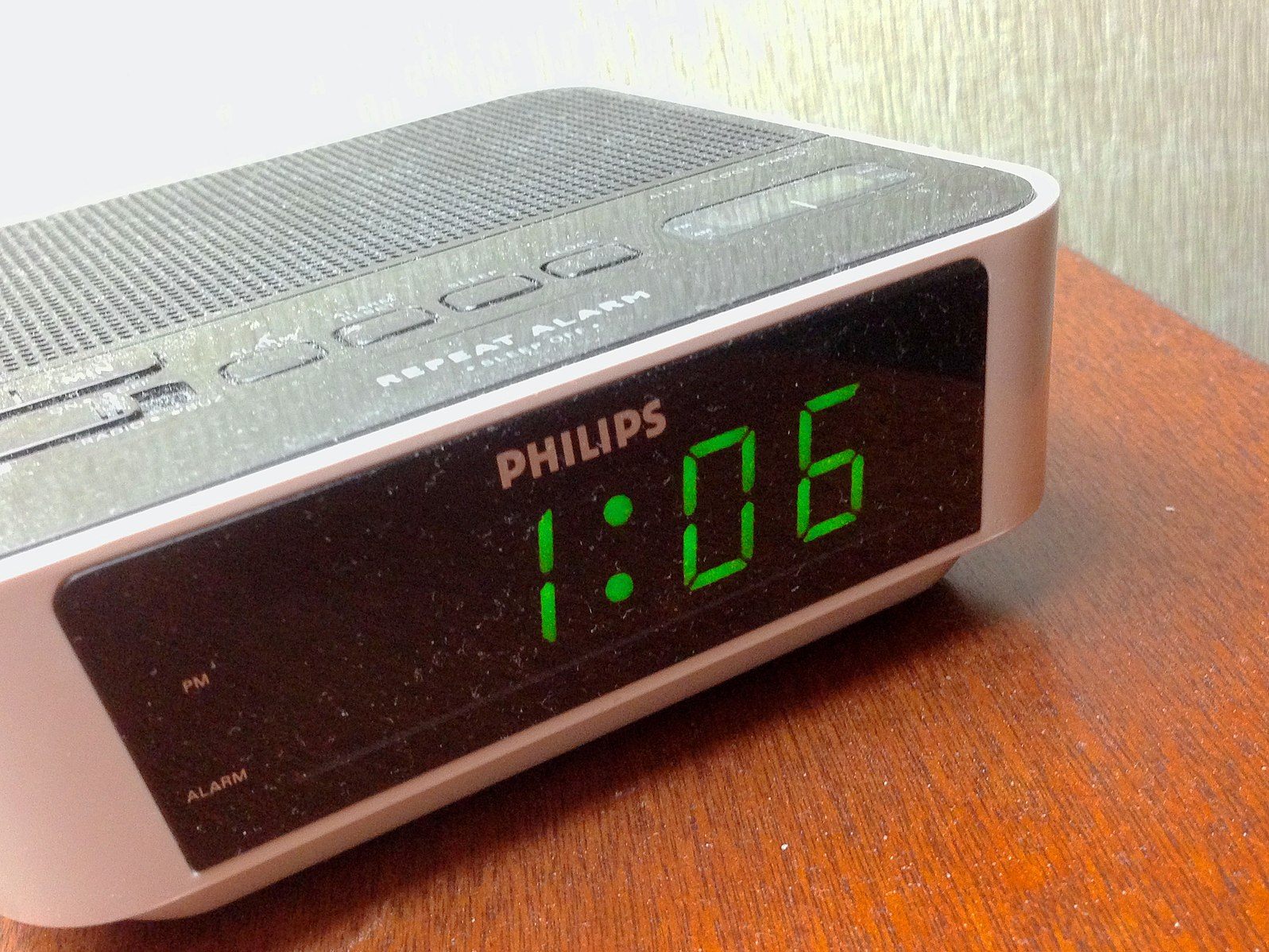Millions of European Clocks Are Running Up to 6 Minutes Slow
How tensions between Kosovo and Serbia caused a wrinkle in time.

A decade ago, the landlocked state of Kosovo declared independence from Serbia. In the years since, 113 UN states have come to recognize this diamond-shaped block, a little smaller than the state of Connecticut, as a country in its own right. Its neighbor Serbia, however, has not. Tensions between the two territories persist, particularly as many ethnic Serbs continue to live in a country they do not believe exists.
As an act of protest, many of these Serbs, based in northern Kosovo, have refused to pay their power bills to the country’s utility department. And so, late last year, the Kosovan government announced that they would stop subsidizing that electricity—a decision which has plunged Europe’s power grid into disarray, and sent electric clocks from Portugal to Denmark running on the wrong time. Because of this disagreement, since January, 113 gigawatt-hours of electricity has gone missing, reports John Hyphen, an employee at a European environmental NGO, on Twitter. “That’s the annual consumption of about 10,000 homes,” he writes.
Millions of European clocks run on mains electricity—blinking timepieces on microwaves, radios, cookers, DVD players, and games consoles alike. To keep time, they rely on the frequency of the electricity grid. The standard frequency in Europe is 50 hertz, or 50 oscillations per second. (In Canada and the United States, it’s 60 hertz.) Almost all of Europe is on one tremendous grid, stretching from Turkey all the way to Portugal, and allowing these countries to “share” electricity, so electricity produced in Germany can be used in, say, Hungary, if that’s where it’s needed. (Only a few countries are “off the grid”, including the United Kingdom and some of the Nordic countries.)
Over an area this large, the amount of electricity used must be carefully balanced with the amount produced. If the balance is off, the frequency dips below or shoots over 50 hertz. The 113 gigawatt-hours discrepancy between supply and demand has lowered the frequency for the entire European grid: At the time of writing, according to the Swiss grid website, there was a grid time deviation of 362 seconds, or just over six minutes. The situation is slowly being rectified—Kosovo’s public energy firm agreed last week to start temporarily paying those bills—but it might take weeks to claw back those six minutes and get Europe’s clocks back to normal once again.

















Follow us on Twitter to get the latest on the world's hidden wonders.
Like us on Facebook to get the latest on the world's hidden wonders.
Follow us on Twitter Like us on Facebook